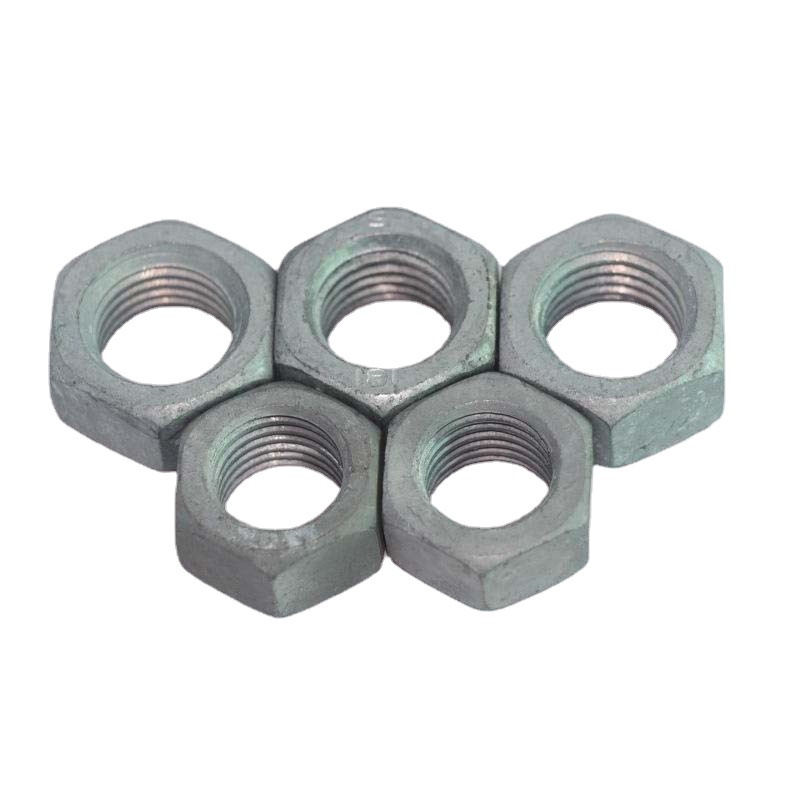

Self-Drilling Screws for Securely Fastening I-Beams in Construction Applications
Déc . 15, 2024 18:23 Back to list
Self-Drilling Screws for Securely Fastening I-Beams in Construction Applications
Self-Tapping Screws for I-Beams A Comprehensive Guide
When it comes to construction and structural engineering, the choice of fasteners plays a crucial role in ensuring the integrity and durability of the structure. Among various types of fasteners, self-tapping screws are increasingly favored for their efficiency and reliability, particularly in applications involving I-beams.
Understanding I-Beams
I-beams, also known as H-beams or wide flange beams, are essential components in modern construction. They are widely used in building frameworks due to their excellent strength-to-weight ratio and ability to support heavy loads. The vertical web of the I-beam provides the necessary support, while the flanges offer stability and rigidity. When attaching various structural elements to I-beams, the choice of fasteners is critical.
What Are Self-Tapping Screws?
Self-tapping screws are specialized fasteners that can create their own holes in materials when driven in. Unlike traditional screws that require a pre-drilled hole, self-tapping screws have a sharp point and threads designed to cut through the material. This feature not only simplifies the installation process but also significantly reduces labor and time costs. They are designed for use in a variety of materials, including metal, wood, and plastic, making them versatile solutions for many construction applications.
Advantages of Self-Tapping Screws for I-Beams
1. Efficiency The primary advantage of self-tapping screws is their ability to bypass the need for a pre-drilled hole. This feature accelerates the installation process on I-beams, allowing construction teams to complete projects faster without compromising on quality.
2. Strong Connections Self-tapping screws are designed to create tight connections. When used with I-beams, they provide excellent shear strength and load-bearing capacity. This is crucial in structural applications where beams must support considerable weight.
self tapping screws for i beams

3. Corrosion Resistance Many self-tapping screws are available with coatings that enhance corrosion resistance. This is particularly important for building structures exposed to harsh environmental conditions, as corrosion can weaken the integrity of connections over time.
4. Flexibility Self-tapping screws come in various sizes and materials, allowing engineers and builders to select the right type for their specific application. Whether dealing with light gauge steel or heavier gauge materials, there's a self-tapping screw designed to meet the requirements.
5. Cost-Effectiveness By reducing the need for additional tools such as drills, self-tapping screws can lower overall project costs. Their ease of use also results in fewer labor hours, making them an economical choice for contractors.
Considerations When Using Self-Tapping Screws
While self-tapping screws offer numerous benefits, there are considerations to keep in mind
- Material Compatibility Ensure that the selected screw is appropriate for the materials being joined. For instance, stainless steel screws may be required for applications involving high corrosion environments. - Installation Technique Proper technique is essential for achieving optimal performance. Over-tightening can lead to stripping the screw or damaging the I-beam material.
- Load Specifications It's vital to understand the load requirements for the specific application. Using the appropriate size and type of self-tapping screw is essential to ensure structural integrity.
Conclusion
Self-tapping screws provide a practical and efficient solution for securing elements to I-beams in various construction applications. Their ability to simplify the fastening process without compromising strength makes them an excellent choice for modern building projects. As construction technologies continue to evolve, understanding the benefits and proper application of self-tapping screws will undoubtedly contribute to the efficiency and safety of structural engineering practices.
Latest news
-
Premium Self Tapping Metal Screws: Strong & Easy Install
NewsAug.02,2025
-
Premium Fasteners Manufacturer | AI-Driven Solutions
NewsAug.01,2025
-
Hot Dip Galvanized Bolts - Hebei Longze | High Strength, Corrosion Resistance
NewsAug.01,2025
-
High-Strength Hot Dip Galvanized Bolts - LongZe | Corrosion Resistance, Custom Sizes
NewsAug.01,2025
-
Best Self Tapping Screws for Drywall - Fast & Secure Installation
NewsJul.31,2025
-
High-Strength Hot Dip Galvanized Bolts-Hebei Longze|Corrosion Resistance&Customization
NewsJul.31,2025

